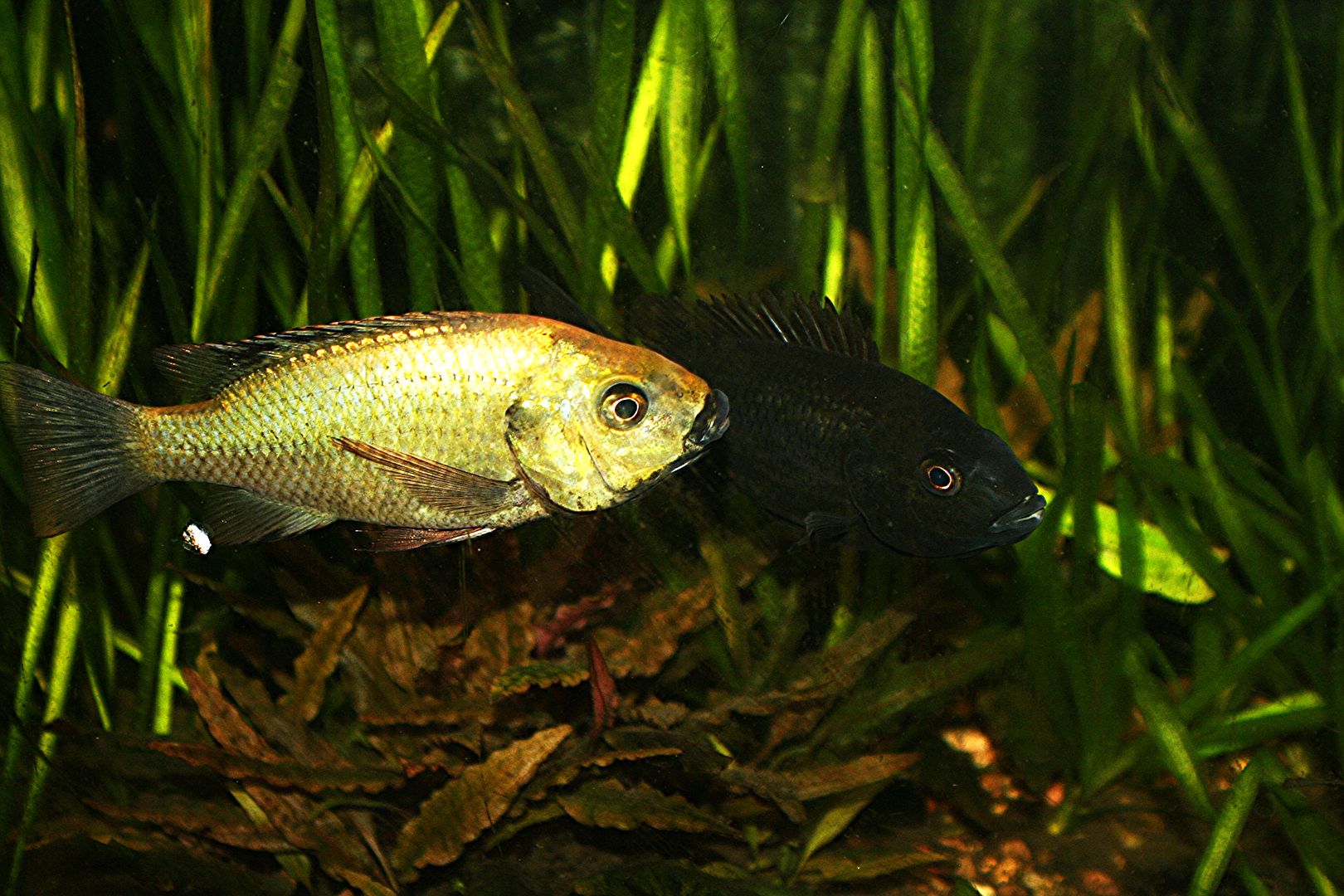I recently bought a few new fish and quarantined them for 2 weeks. After observing no ick symptom, I moved the new fish to my grow out tank. Within 3 days, ick broke out in my EBA (not the new fish), so I immediately administered Kordan Rid-Ich Plus to the whole tank. Kordan RIP is a malachite green and formalin combo which I have successfully treated ick in the past. I reapplied full dosage daily for the next 6 days, but the ick on the EBA did not go away but get worst. Finally the EBA died along with most other fish apparently from overdosage. Interestingly, none other fish showed ick including the fish overdosed to death. I blame on myself for not doing WC before daily dosage in the assumption that the chemicals would have largely degraded before each new dosage.
After observing several days with no new ick in the few remaining fish, I bought two new EBA replacement and added to the tank. I assumed there were no ick swampers left after over dosing a week to fish death. I was wrong. The new EBA broke out with ick 3 days later, again, none other fish caught ick. So I immediately removed the EBA to a 10g hospital tank for treatment. This time I did daily 50% WC before dosing. It did not work and the EBA died in a week.
So my questions are:
1) Are there ick strains that are chemical resistant? I think MG and Formalin combo is the most potent ick killer.
2) Are there ick susceptible fish like EBA or loaches? I am wondering why other tankmates didn't show ick under the same environment.
3) Are ick spores always present, waiting for opportunity to break out. I have read contradictory verdicts. Having quarantined new fish for 2 weeks didn't help. Ick broke out again on the same species in water that has been overdosed more than a week. I am wondering if the ick spores are always present in my tank or the new EBA carried with them asymptomatically.
After observing several days with no new ick in the few remaining fish, I bought two new EBA replacement and added to the tank. I assumed there were no ick swampers left after over dosing a week to fish death. I was wrong. The new EBA broke out with ick 3 days later, again, none other fish caught ick. So I immediately removed the EBA to a 10g hospital tank for treatment. This time I did daily 50% WC before dosing. It did not work and the EBA died in a week.
So my questions are:
1) Are there ick strains that are chemical resistant? I think MG and Formalin combo is the most potent ick killer.
2) Are there ick susceptible fish like EBA or loaches? I am wondering why other tankmates didn't show ick under the same environment.
3) Are ick spores always present, waiting for opportunity to break out. I have read contradictory verdicts. Having quarantined new fish for 2 weeks didn't help. Ick broke out again on the same species in water that has been overdosed more than a week. I am wondering if the ick spores are always present in my tank or the new EBA carried with them asymptomatically.












